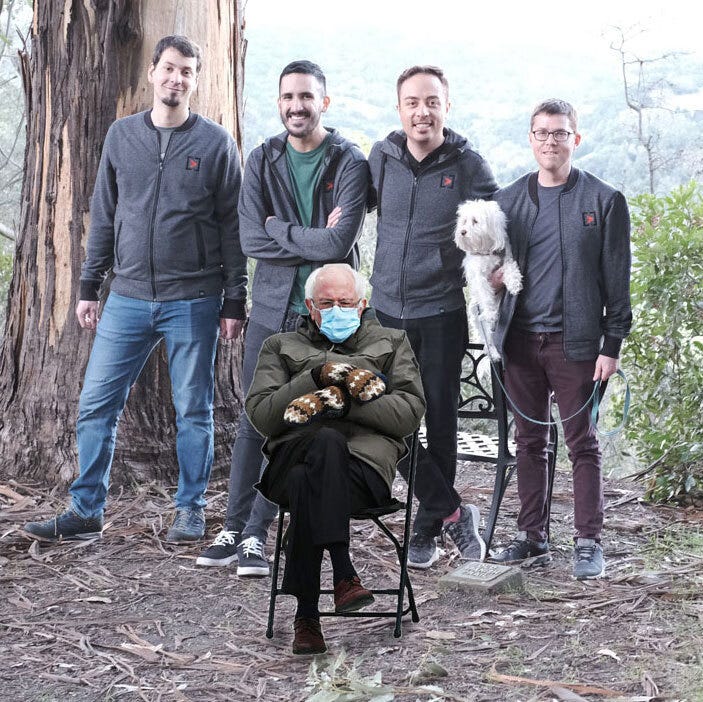Top news of the week: 02.02.2021.
Research
Baidu Research: 10 Technology Trends in 2021
Understanding future technology trends may never have been as important as it is today. Check out the prediction of the 10 technology trends in 2021 from Baidu Research.
Databricks raises $1 billion funding round at $28 billion valuation
Data analysis and AI company Databricks has raised a $1 billion funding round to bring its valuation to $28 billion.
Vectorized: free and source available, cloud native infrastructure for real-time applications
Over the past decade, we have seen an incredible shift to the “real-time economy.”
Why machine learning algorithms are hard to tune and how to fix it
In machine learning, linear combinations of losses are all over the place. In fact, they are commonly used as the standard approach, despite that they are a perilous area full of dicey ...
AI advances in image captioning: Describing images as well as people do
What you’ll learn: How latest VLP approaches help to improve captioning performance by pretraining on large-scale image-text pairs, then fine-tuning on task-specific small …
Introduction to Deep Learning with PyTorch Lightning
This talk is an introduction to Deep Learning with PyTorch Lightning. We will briefly overview of Deep Learning fundamentals, and then learn how to easily implement various deep learning ...
Mirai: Mammography-based model for breast cancer risk
This repository was used to develop Mirai, the risk model described in: Towards Robust Mammography-Based Models for Breast Cancer Risk. - yala/Mirai
[D]Is Nonlinear Gradient Temporal-Difference Learning only for on-policy evaluation?
1 vote and 0 comments so far on Reddit




![[D]Is Nonlinear Gradient Temporal-Difference Learning only for on-policy evaluation?](https://preview.redd.it/eilmxki09bd61.png?width=640&height=384&crop=smart&auto=webp&s=770cba02df1a99cbd2614c39f43a4cd9f3367a7b)